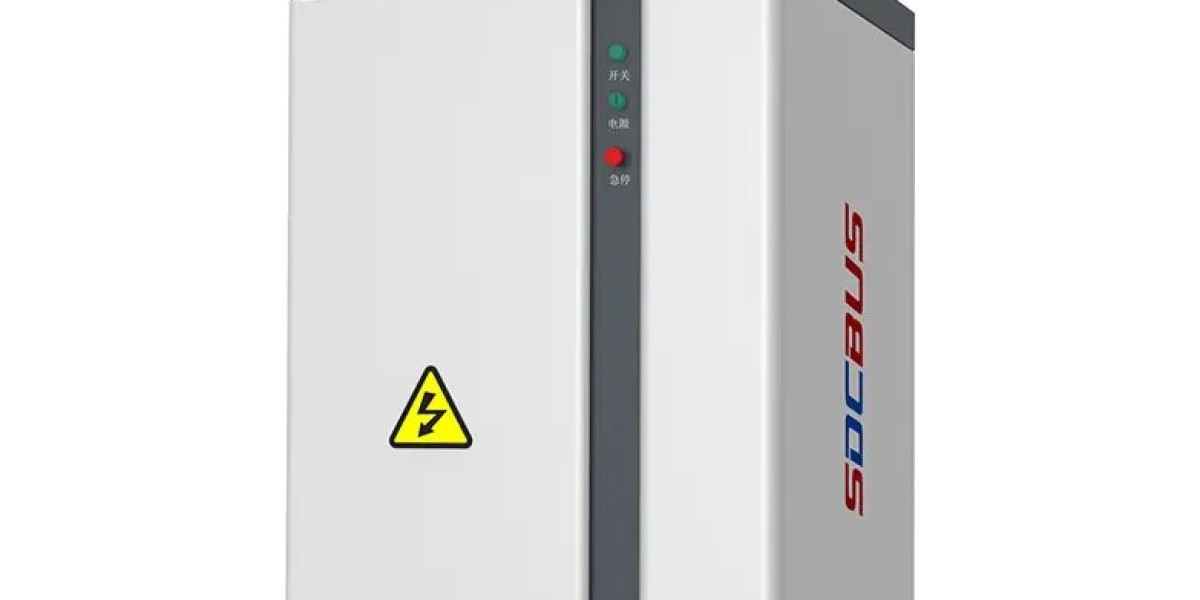Charcoal teeth whitening has gained popularity in recent years, often promoted as a natural and effective way to brighten your smile. Influencers and beauty brands tout its stain-lifting powers, and its black, gritty appearance has become a staple in trendy oral care routines. But behind the hype lies a growing debate among dental professionals. Is charcoal truly safe for your teeth, or does it pose long-term risks that outweigh any short-term benefits? Before reaching for that black toothpaste, it’s important to understand how it works, what the science says, and whether it’s the right choice for your oral health.
What Is Activated Charcoal?
Charcoal used in health and beauty products is not the same as the stuff you grill burgers with. It’s called activated charcoal, a fine, black powder made by heating carbon-rich materials (like coconut shells or wood) at very high temperatures.
This process increases its surface area, giving it the ability to bind with toxins, stains, and gases. In medicine, it’s used to treat certain poisonings or overdoses. In cosmetics, it's popular for face masks and “detox” routines.
The logic behind its dental use? If it can bind toxins in the body, maybe it can lift stains from your teeth too.
The Appeal: Natural, Cheap, and DIY-Friendly
Charcoal teeth whitening Bedford gained momentum as part of the larger "natural wellness" movement. It's affordable, doesn’t require professional visits, and seems harmless. Users love the idea of an organic, chemical-free way to brighten their smiles without peroxide or lasers.
Plus, charcoal products offer immediate visual satisfaction. The black color makes it feel like you're “scrubbing” stains away, giving users the illusion that their teeth are whiter after just one use. But that’s often temporary and largely due to the contrast of black residue against enamel.
What Does the Science Say?
Here’s where things get murky. Despite its popularity, charcoal teeth whitening has little clinical support. According to several studies, including research published by the Journal of the American Dental Association (JADA), charcoal has not been proven to safely or effectively whiten teeth.
Common Findings:
Abrasive nature: Charcoal can wear down enamel over time.
No fluoride: Most charcoal pastes don’t include cavity-fighting ingredients.
Stain absorption is superficial and doesn’t affect intrinsic stains.
Some dentists report that patients using charcoal regularly show enamel erosion and increased sensitivity, especially near the gumline. For residents looking for professional teeth whitening Bedford, this can make future treatments more difficult.
Surface Abrasion: The Silent Damage
Charcoal works by acting as a mild abrasive. It may remove surface stains caused by coffee, wine, or smoking, but it does so by scrubbing the outer enamel layer. While enamel is the hardest substance in the human body, it’s not renewable. Once worn down, it doesn’t grow back.
Enamel loss can lead to:
Increased tooth sensitivity
Yellowing of teeth (as the underlying dentin is exposed)
Higher risk of decay and cavities
Many users equate the gritty feel of charcoal with deep cleaning, but the reality is far more damaging in the long run.
Misleading Marketing and DIY Dangers
The lack of regulation in the natural wellness and cosmetic product industry is another issue. Many charcoal-based toothpastes and powders are not approved by dental associations. Some even contain harmful ingredients or make exaggerated claims.
DIY recipes, which often combine lemon juice, baking soda, and charcoal, are even riskier. Lemon juice is highly acidic and can further erode enamel. Combining it with abrasives like charcoal compounds the damage.
For anyone in Bedford considering whitening their teeth, consulting with a dentist in Bedford can provide a much safer and more effective route.
Charcoal and Gums: A Cause for Concern
The rough texture of charcoal powders can be problematic for more than just enamel. If not used with extreme caution, they can irritate the gums and even cause gum recession over time.
This gum damage not only impacts aesthetics but also exposes the sensitive roots of the teeth, leading to discomfort and heightened risk of infection. Since gum health is crucial for maintaining a beautiful smile, the long-term risk hardly seems worth the short-term visual boost.
Better Whitening Alternatives
While charcoal whitening is more about trend than science, modern dental practices offer safe and proven whitening solutions. If you’re looking for teeth whitening in Bedford, here are a few options that work:
1. In-Clinic Whitening
Performed under the supervision of a dental professional, this method uses safe concentrations of hydrogen peroxide and provides immediate, noticeable results.
2. Custom Take-Home Trays
Tailored trays fitted to your teeth ensure even application of the whitening gel, reducing the risk of sensitivity or gum irritation.
3. Over-the-Counter Products (ADA-Approved)
Some whitening toothpastes and strips carry the seal of approval from dental authorities. While not as potent as in-office treatments, they offer gradual results without harming enamel.
These options are clinically tested and won’t compromise your long-term oral health.
Why You Should Talk to Your Dentist First
Your dentist isn’t just there for emergencies. When it comes to whitening, a professional can identify the type of stains you have, extrinsic (on the surface) or intrinsic (within the tooth), and recommend a targeted solution.
A visit to a dentist in Bedford before starting any whitening routine is a smart move. They’ll help determine whether your teeth are healthy enough for whitening and which method suits your needs and goals.
Conclusion:
At EDB, we understand the desire for a brighter smile, but not at the expense of your health. We’ve seen firsthand the damage that improper charcoal use can cause, from enamel erosion to long-term sensitivity. That’s why our team always prioritises evidence-based care. As a trusted dentist in Bedford, we provide tailored whitening solutions that suit your teeth, lifestyle, and sensitivity levels. Whether you're considering cosmetic improvement or just want advice on the safest options, our team is here to guide you.







